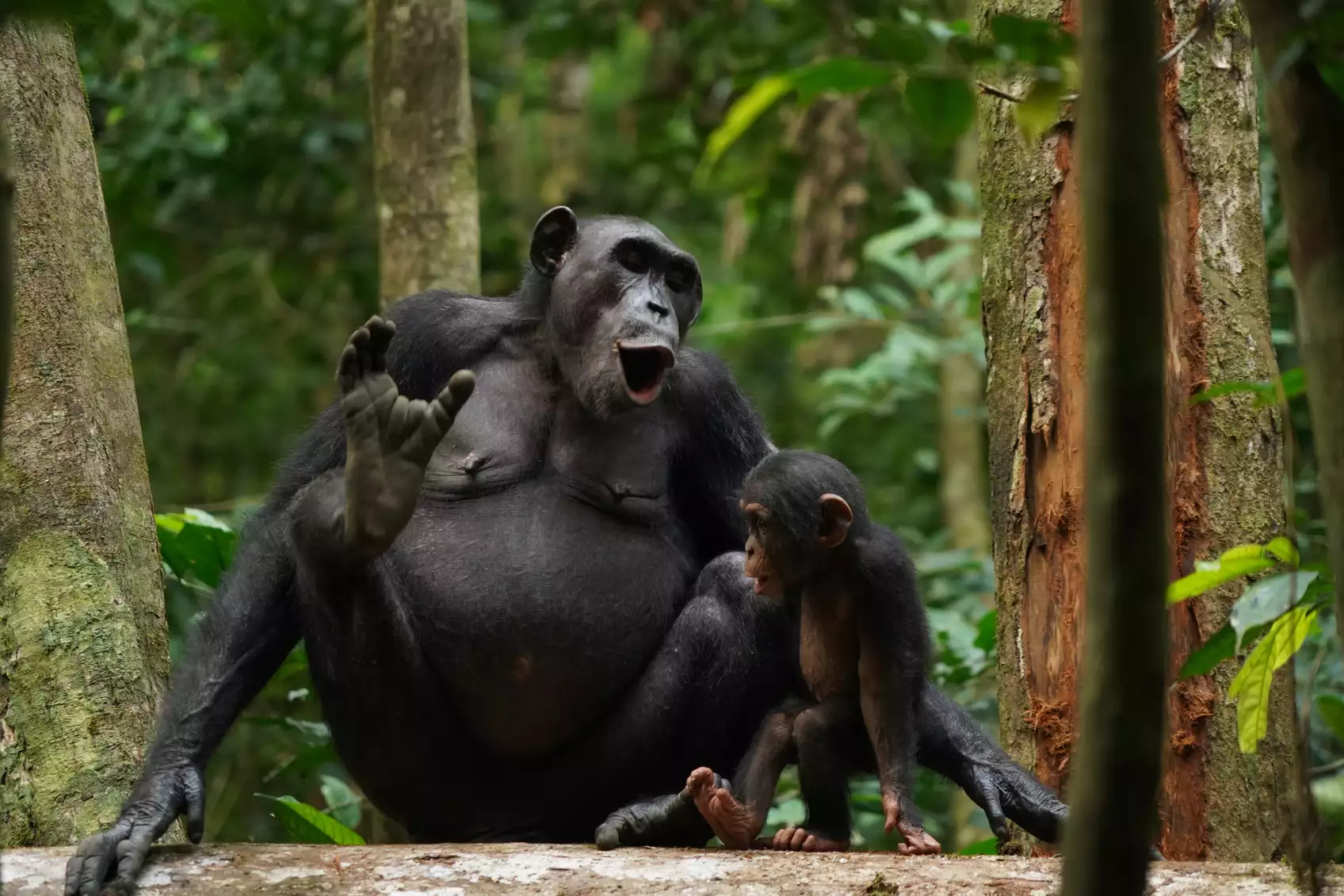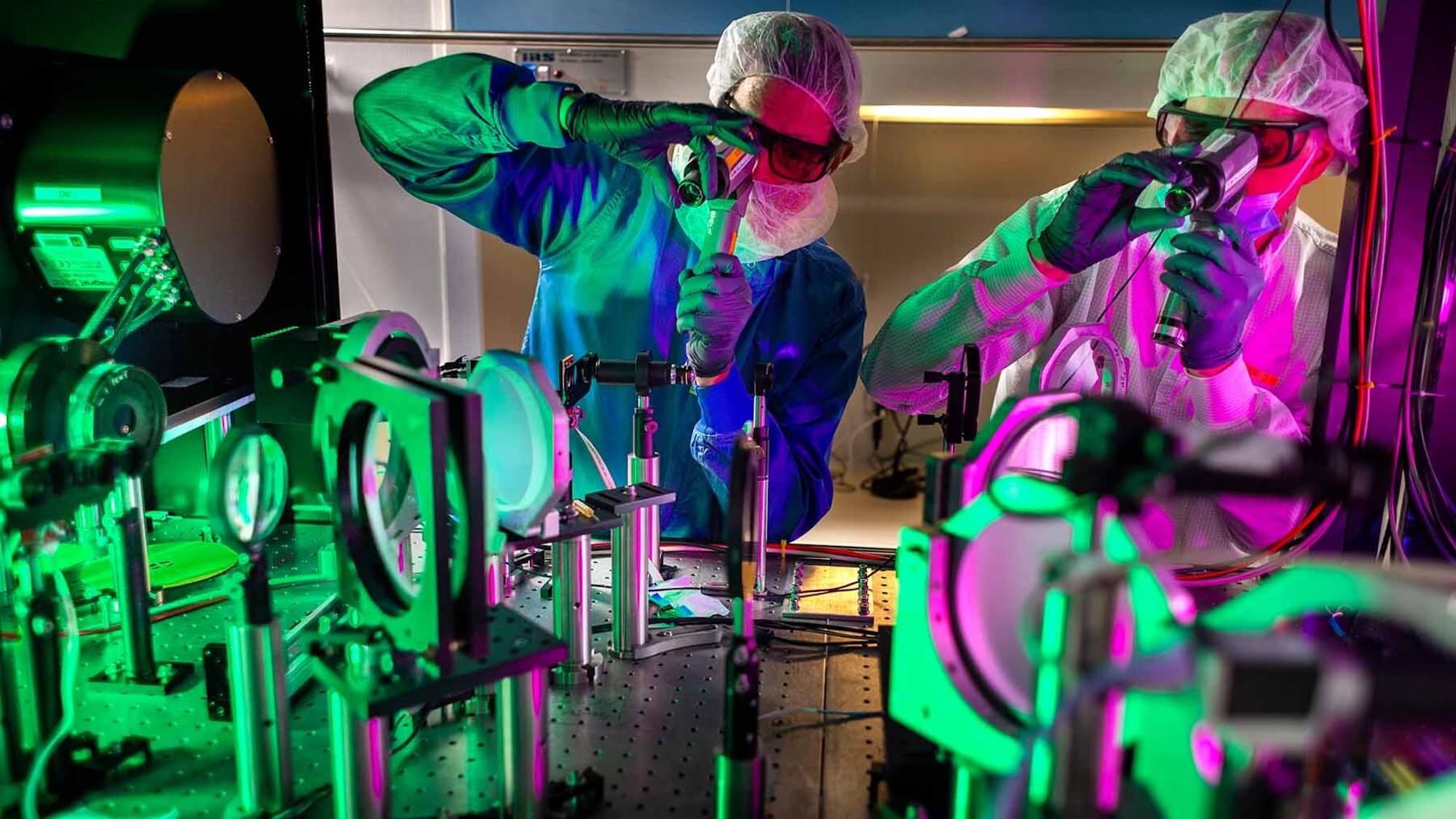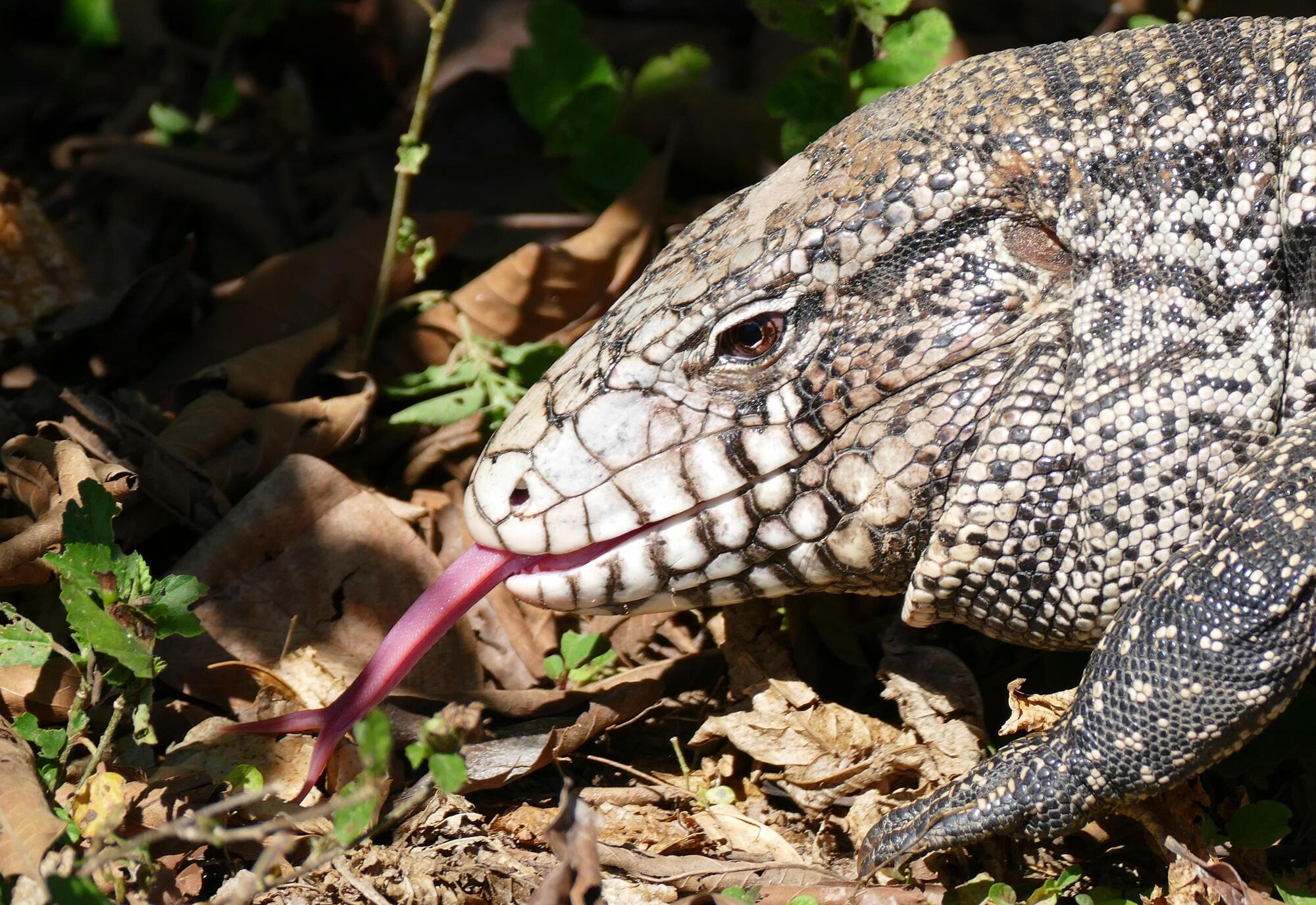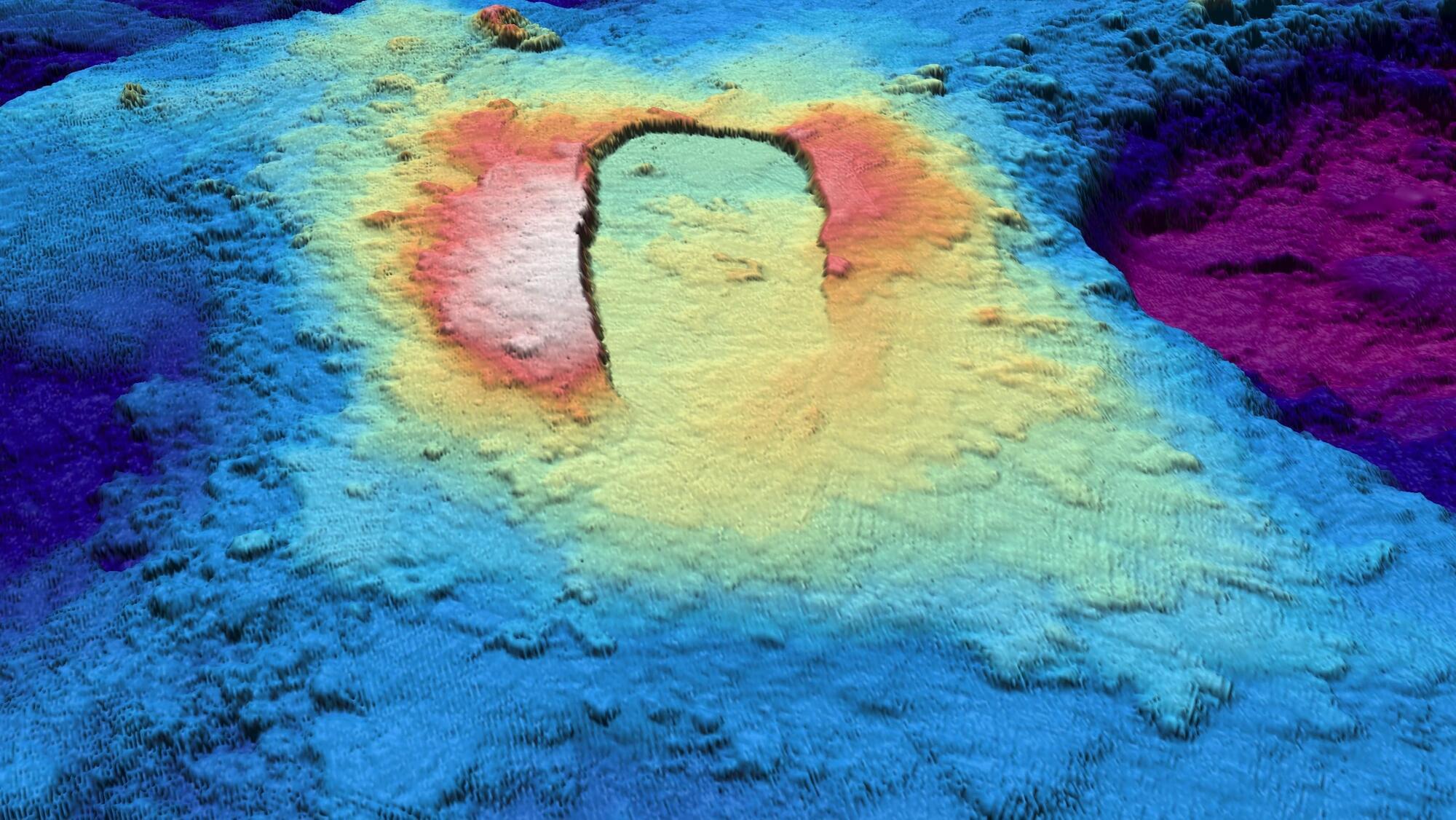You can translate your speech into Spanish and vice versa.



Watch live as Nvidia CEO Jensen Huang takes the stage at Taiwan’s annual COMPUTEX trade show.#nvidia #technology #live


Accomplishing this and other experimental feats does require some safeguards. ZEUS includes optical devices known as diffraction gratings that stretch out the initial infrared pulse over time. This ensures the initial power doesn’t get so intense that it begins tearing apart the air around it.
Another goal is to ultimately create beams of electrons with energies similar to those found in particle accelerators hundreds of feet longer than ZEUS at a fraction of both its size and operating costs. At only $16 million to construct, the University of Michigan previously described the machine as a “bargain.”
Years of construction, calibration, and expertise is showcased in an astoundingly short amount of time. ZEUS’ 2 petawatt firing lasted just 25 quintillionths of a second. But future experiments will make the most of these moments.


During a powerful solar storm on Mother’s Day, scientists discovered that a mysterious ionospheric phenomenon, sporadic E layers, became unusually active, especially during the storm’s recovery.
These thin, metal-rich patches appeared to ripple from the poles toward the equator, shedding new light on a region of Earth’s atmosphere that has long been overlooked.
Geomagnetic storm spurs ionized layers in ionosphere.

